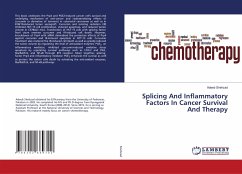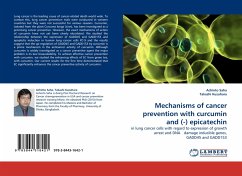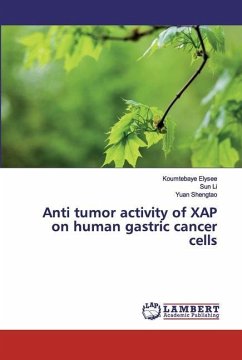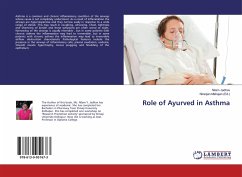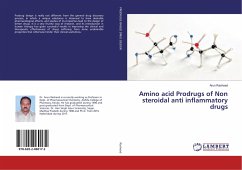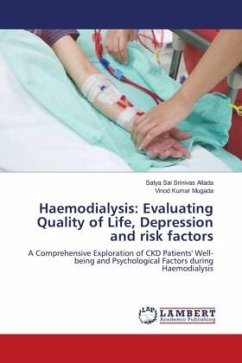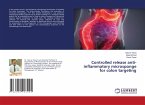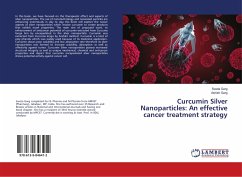This book underpins the Prp4 and PGE2-induced cancer cell's survival and underlying mechanism of anti-cancer and radiosensitizing effects of curcumin (a derivative of turmeric) in colorectal carcinoma as well as in B16F10-induced tumor xenograft. Curcumin and ionizing radiation (IR) inhibited HCT-15 cell proliferation, induced apoptosis, and reduced tumor volume in C57BL6/J mice. Transfection of HCT-15 cells with splicing factor Prp4 clone reverses curcumin and IR-induced cell death. However, knockdown of Prp4 with siRNA diminished the protective effects of Prp4 against curcumin and IR-induced apoptosis in HCT-15 cells. Curcumin treatment also restored the IR-induced cell death as well as greatly reduced the tumor volume by regulating the level of antioxidant enzymes. PGE2, an inflammatory mediator, inhibited curcumin-induced oxidative stress apoptosis by regulating survival pathways such as COX-2 and PKA, Ras/Raf/Erk, and NF- B through EP2 receptor. Taken together, splicing factor Prp4 and inflammatory mediator PGE2 enhances the survival as well as protect the cancer cells death by activating the anti-oxidant enzymes, Ras/Raf/Erk, and NF- B pathways.
Bitte wählen Sie Ihr Anliegen aus.
Rechnungen
Retourenschein anfordern
Bestellstatus
Storno

